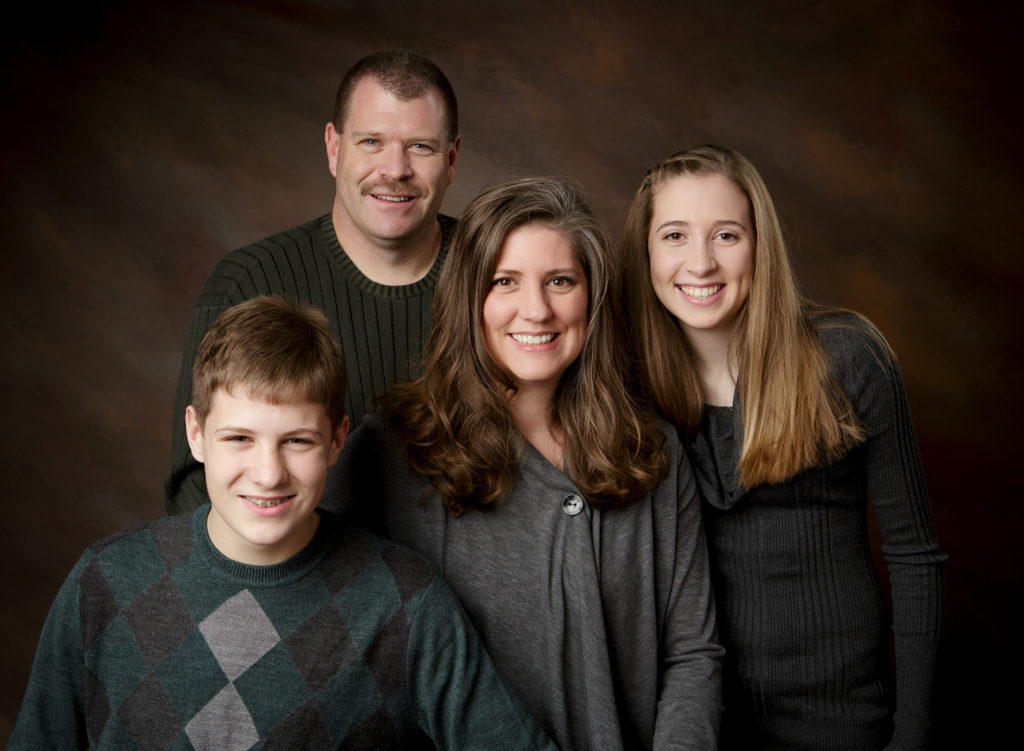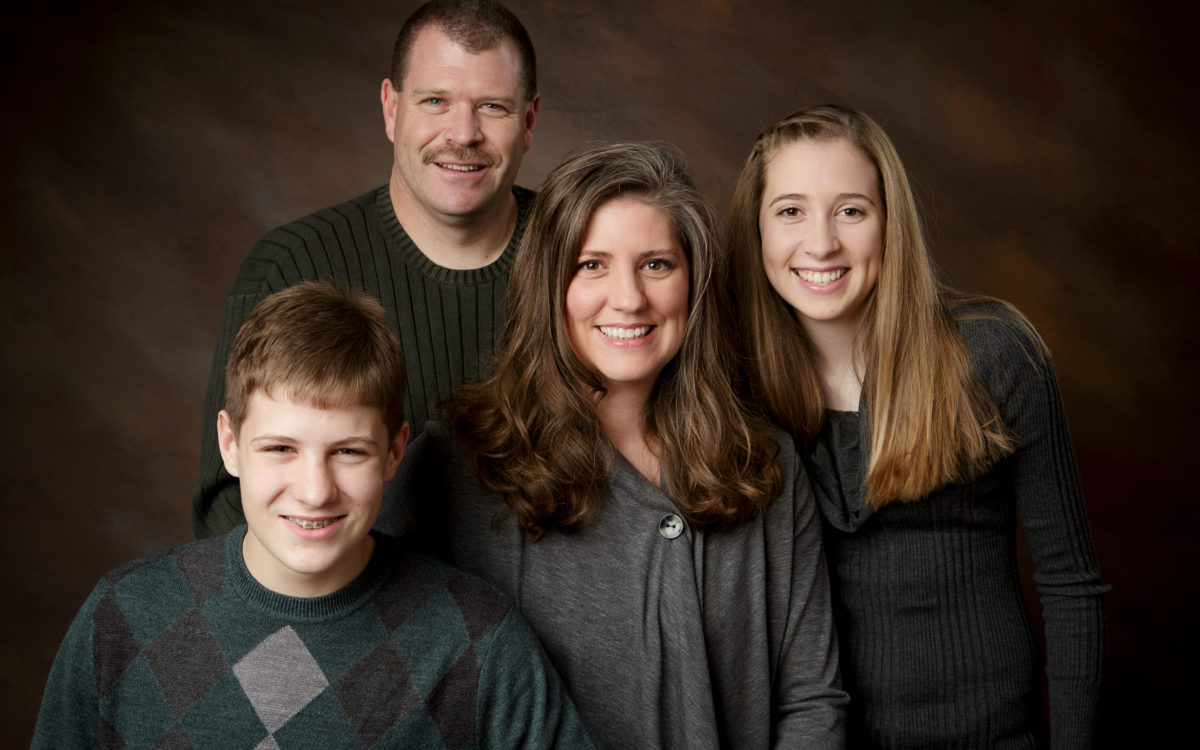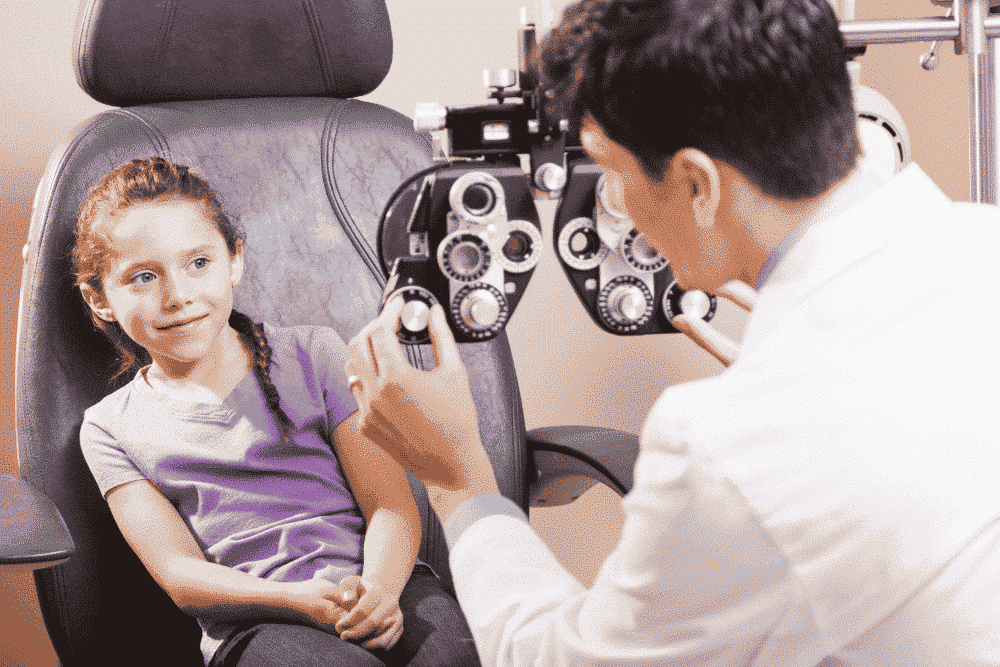Meet Dr. Franko
To our new and current patients, we invite you to get to know Dr. Franko – including her interests, hobbies and her connection to Dr. York.
Meet Dr. Franko
As iCare Vision experiences growth, we knew the addition of another doctor would enhance the practice and best serve our patients. With the addition of Dr. Franko – a long established professional in the Mt. Vernon area – new and current patients will benefit from the added wealth of expertise and experience she brings to our eye care community.

Learn more about iCare’s newest doctor:
At-A-Glance Background on Dr. Franko
Dr. Franko was born in Erie, Pennsylvania and grew up in Troy, Ohio. She received her bachelor’s degree in Biology/Pre-Med from Mt. Vernon Nazarene University where she served as Senior Class President.
Dr. Franko received her medical degree from The Ohio State University College of Optometry. At OSU, she served on class council and was a member of Gold Key National Honor Society.
At the Mt. Vernon First Church of the Nazarene, Dr. Franko is very involved. She’s currently a board member, volunteers in the children’s department, was in the choir (pre-COVID), and has taught preschool/kindergarten and 5th/6th grade at the church.
Dr. Franko and her husband, Steve, who is a financial advisor, have two children. Their daughter Breah is currently working on her Master’s in Music Therapy, and their son Gerrit will begin medical school at Ohio University this fall (2021).
Dr. Franko homeschooled both Breah and Gerrit from kindergarten through high school graduation. Breah and Gerrit both graduated college early, and now they’re both working toward advanced education degrees.
Dr. Franko’s Connection to Dr. York
Dr. York was a highly respected and trusted optometrist in this area. For our patients and community members who know Dr. York, Dr. Franko mentored and worked with him in his practice from 1990 until 2006. She started as an intern with Dr. York in the summer of 1990 and continued until graduation in 1992. She then practiced in his office from 1998-2006. Without question – for our community members who really miss him – Dr. Franko embodies many of his great qualities.
Outside the Office: Dr. Franko’s Hobbies and Interests
As you can imagine, as a dedicated mom and doctor – juggling things like being a soccer team mom, baseball statistician, band chaperone, and the list goes on – time for hobbies has been hard to come by through the years. But she notes that she’s working on finding time for her interests again.
Dr. Franko’s favorite hobbies and interests include music – flute, piano, and vocal – and art, although she says she hasn’t been able to dedicate as much time as she’d like to these interests in recent years. Dr. Franko notes that she used to love charcoal drawing and painting, and she recently started to spend some time with these two crafts again.
Dr. Franko also loves to travel. Internationally, she’s been to Russia and France, and she has traveled many places within the U.S. for youth group mission trips and her son’s gymnastics since he was six. She truly looks forward to traveling more in the future.
Want to Know More?
What else would you like to know about Dr. Franko? Be sure to ask her next time you’re in. She loves getting to know patients better and sharing more about herself.
Come in and see us today:


